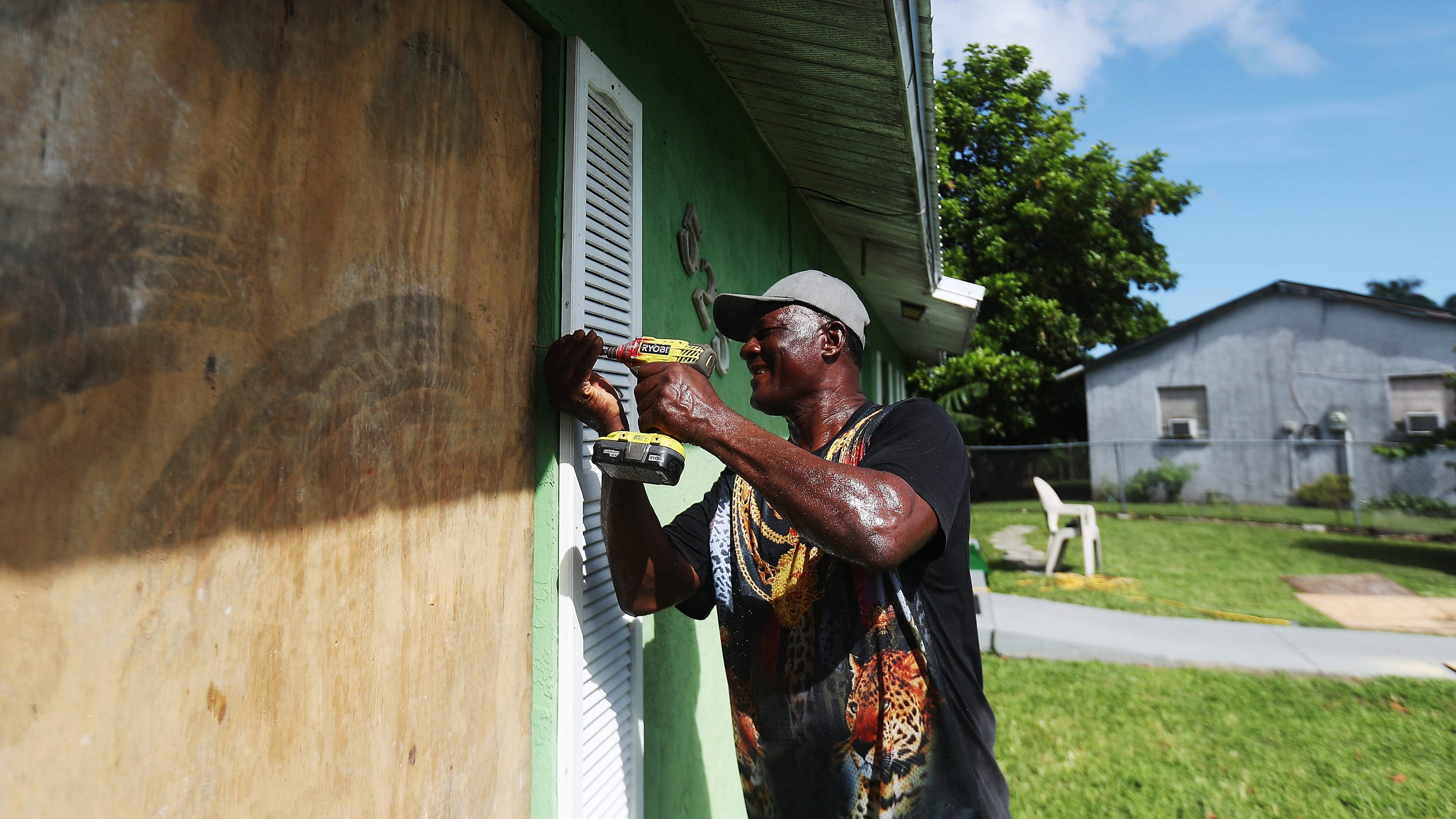Climate change, hurricanes make the affordable housing crisis even worse
Companies, agencies, institutions, etc
the Housing Authority of the City of New Bern
Harvard University’s
Joint Center for Housing Studies
the National Centers for Environmental Information
the National Oceanic
Atmospheric Administration
NOAA
the University of California, Berkeley
the Intergovernmental Panel on Climate Change
the Center for American Progress
the Hudson Institute
Schultheis
The Center for American Progress
the Associated Press
AP.Meanwhile
the Houston Housing Authority
Blaney
the North Carolina Office
Housing Finance Agency
Trump
the Department of Homeland Security
the Federal Emergency Management Agency’s
Immigration and Customs Enforcement
FEMA
National Low Income Housing Coalition
the Urban Institute
HUD
the U.S. Government Accountability Office
GAO
The Texas General Land Office
Mickelson
Disaster Housing Assistance Program
Laura Hogshead
the North Carolina Office of Recovery
People
Martin Blaney
Daniel Kammen
Heidi Schultheis
Michael
Al Cathey
Tory Gunsolley
Harvey
Hurricane Matthew
Irma
Hurricane Michael
Hurricane Harvey
Maria
Andrew Aurand
Sarah Saadian Mickelson
Groups
No matching tags
Physical locations
Stateline
Places
No matching tags
Locations
New Bern
North Carolina
New Bern’s
the United States
Florida
Washington
D.C.
Houston
Panhandle
Mexico Beach
Bay County
Fayetteville
Goldsboro
Washington, D.C.
Florence
Texas
U.S.
Puerto Rico
Irma
Puerto Rico
Hurricane Florence
Events
Hurricane Florence
Hurricane season
Hurricane Dorian
Hurricane Harvey
Hurricane Maria

Summary
A new report by Harvard University’s Joint Center for Housing Studies said finding enough money to make housing sturdier and fix the damage done by increasingly frequent and severe storms is “an urgent housing challenge for the nation.” This year alone, there have been six extreme weather events in the form of floods and severe storms across the United States, resulting in losses of more than $1 billion each, according to the National Centers for Environmental Information, a federal agency located within the National Oceanic and Atmospheric Administration (NOAA). Low-income renters are particularly vulnerable to being displaced by natural disasters, according to a new report by the Center for American Progress, a left-leaning think tank based in Washington, D.C. Affordable housing apartments are often located in flood zones, where the land is cheaper; they’re built with substandard materials that can’t withstand extreme weather; and the buildings are already old and in need of repair, said Heidi Schultheis, co-author of the report.When damaged by disasters, those units are less likely to be rebuilt, according to a 2017 report by the Hudson Institute, a politically conservative think tank based in Washington, D.C. And federal disaster relief is geared more toward homeowners, rather than renters, Schultheis said. An August report by NOAA found that “it is likely that greenhouse warming will cause hurricanes in the coming century to be more intense globally and have higher rainfall rates than present-day hurricanes.” That means even more affordable housing will be at risk, Schultheis said. The funds will be used to build 128 affordable units for low- and moderate-income families affected by the storm.Meanwhile, this week, the Trump administration announced plans to divert $271 million in funding from the Department of Homeland Security, including the Federal Emergency Management Agency’s disaster relief fund, to pay for immigration courts and Immigration and Customs Enforcement detention centers.FEMA did not respond to requests for comment.Nationwide, there’s a shortage of 7 million affordable housing units for low-income renters, according to the National Low Income Housing Coalition, a research and advocacy nonprofit based in Washington, D.C. There’s little available data on the number of affordable housing units that have been decimated by hurricanes and other extreme weather events, because the federal government does not track it well, housing advocates say. Last year, in the wake of Hurricane Maria, the agency said the program was “not necessary to house displaced disaster survivors.”Before Hurricane Florence, North Carolina had a shortage of 190,000 affordable housing units, according to Laura Hogshead, chief operating officer for the North Carolina Office of Recovery and Resiliency. Another possibility: working with state lawmakers to change zoning laws to make it easier to build more affordable-housing, multi-family units in more well-to-do neighborhoods far from flood plains, she said.“When I was hired,” Hogshead said, “my director said, ‘Please get people out of harm’s way so I don’t have to keep rescuing people off roofs.’”
As said here by